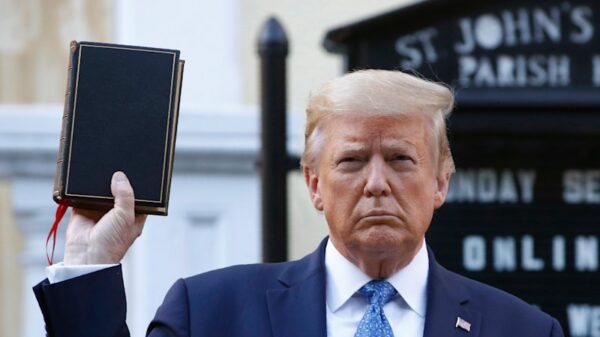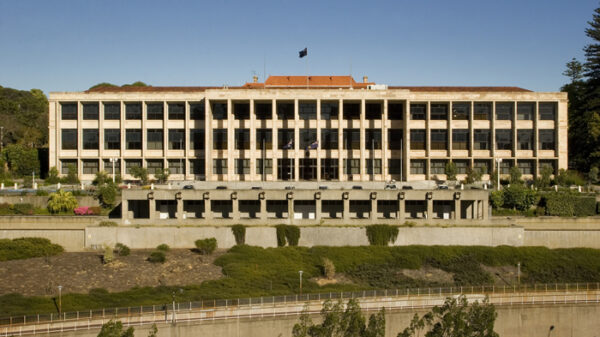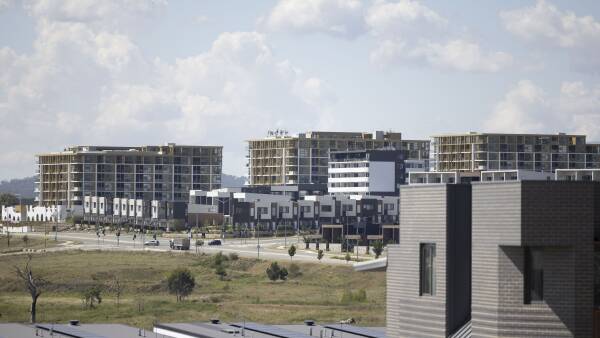Education Minister Yvette Berry is under increasing pressure to guarantee that there will be no staff cuts in Canberra’s public schools as the territory grapples with significant budget overruns. Estimates suggest that these overruns could reach hundreds of thousands of dollars this year. On Tuesday, the opposition parties including the Liberals, Greens, and independents supported a motion in the Legislative Assembly, urging the government to ensure there are “no cuts to teachers, support staff, or programs in any public school.”
While Ms. Berry stated that there would be no redundancies for permanent staff this year, she did not rule out potential cuts to temporary personnel. Maddy Northam, regional secretary of the Community and Public Sector Union ACT, expressed concern that the current situation is pushing school staff to their limits. “Reading between the lines here, it looks like the ACT government is gearing up to cut critical staff in our schools. And that’s not news any parent in Canberra wants to be reading,” she stated.
Amid these discussions, Ms. Berry acknowledged that many public schools in the ACT are facing budget pressures. However, she rejected claims that principals were being instructed to combine classes or cancel teacher contracts. The minister emphasized that while staffing changes cannot be ruled out, temporary staff would be retained where safety and compliance requirements are concerned. She affirmed that consultations would take place before any staff movements between schools occur.
“The increased budget pressure experienced by schools tells us that something is not going right at a system level,” Ms. Berry remarked. She has initiated a review of public school resourcing, following a request from the Australian Education Union. Ms. Berry noted that schools should examine reasonable reductions in non-essential spending, implying that some programs may be phased out as they reach completion.
In a recent question time, Ms. Berry remarked that she could not dismiss any changes to school staffing, as the needs of schools evolve with their student populations. She elaborated that non-essential spending could involve programs that no longer need renewal. Such determinations will be made after discussions with school communities regarding their specific needs.
A report from the Education Directorate indicated that as of July, 77 out of 92 public schools were either over budget or projected to be by the end of the fiscal year. Angela Burroughs, president of the Australian Education Union ACT branch, previously described the situation as an “acute financial emergency” requiring immediate savings in the millions. She pointed to a systemic failure in financial management as a leading cause of this crisis.
Opposition spokesman for education, Jeremy Hanson, who moved the motion in the Assembly, criticized Ms. Berry for what he termed a failure to manage the budget effectively. “Well, you’re only going to keep staff that are there for safety, but you’re going to cut all the staff related to education then,” he asserted. This comment highlights concerns that essential teaching roles may be at risk.
Ms. Berry sought to amend the motion to clarify that the government guarantees no cuts to permanent staff in 2025 and 2026, while ensuring temporary staff are retained for safety and compliance needs. “The government will always support our public schools and put them in the best possible position to keep delivering high-quality education,” she stated. Nonetheless, the Labor Party did not push for a division in the Assembly, likely recognizing that they would be outvoted by other parties.
Independent member Thomas Emerson expressed alarm over declining enrollments in the public school system, suggesting that cuts could undermine public education. “Canberrans believe in public education,” he remarked, emphasizing the importance of adequate funding. He moved an amendment to the motion to highlight “insufficient investment” in the territory’s public school system.
Earlier, Ms. Berry had stated that the ACT is the only jurisdiction in Australia that funds public schools above the national standard, with funding increasing by 5.7 percent compared to the previous year. The ongoing budget discussions and the potential implications for staffing in public schools remain critical issues for educators, parents, and students in Canberra.






























































